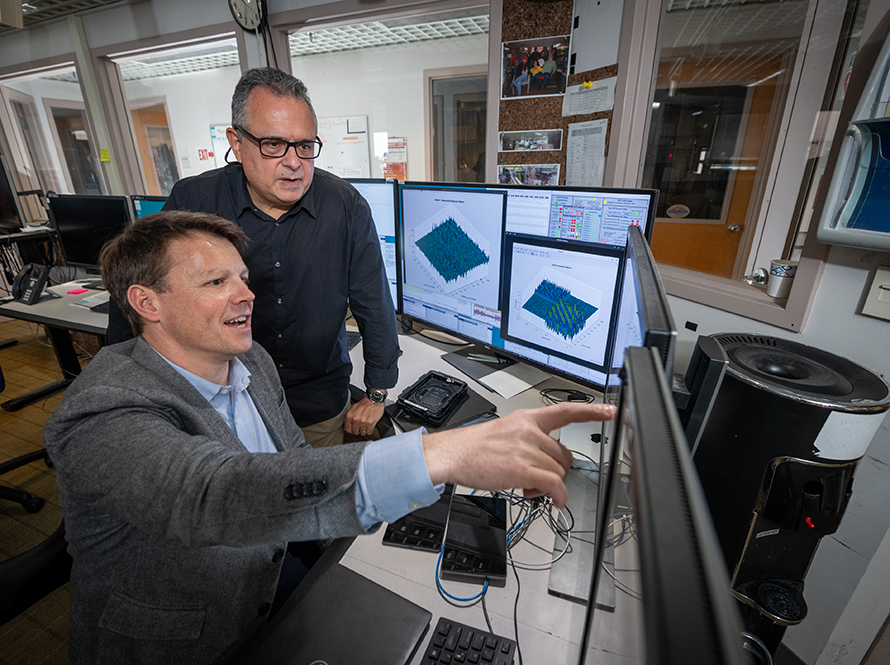Simon Leemann, a staff scientist in the Advanced Light Source Accelerator Physics Program in the Accelerator Technology & Applied Physics (ATAP) Division at Lawrence Berkeley National Laboratory (Berkeley Lab), will teach a course at the U.S. Particle Accelerator School (USPAS)’s winter 2025 session. This important institution of education offers programs on beam physics and associated particle accelerator technologies. The session will be sponsored by Michigan State University and held in Knoxville, Tennessee, from January 27 to February 7, 2025.
Leemann will lead the course, where he will be joined by Ryan Lindberg (Argonne National Laboratory) and Thomas Schietinger (Paul Scherrer Institute) in teaching “Fundamentals of Accelerator Physics and Technology with Simulations and Measurements Lab.” The course will focus on the fundamental principles of particle accelerators and beams and an understanding of basic concepts and employed technology. In addition to daily lectures, laboratory exercises will include computer simulations and experimental measurements of accelerator hardware intended to develop and expand on key concepts.
Leemann says that upon completing this course, “Students should understand the basic principles of particle accelerators and how to interpret the measured characteristics of the beams they produce. The course will also give many non-scientists or staff in ancillary roles at these facilities an idea of how an accelerator works and why we optimize and run them the way we do. Scores of control room operators, technicians, and even administrators have been sent by their labs to attend USPAS to understand better their facility, which empowers the workforce and creates a more knowledgeable and engaged staff.”
He noted that Berkeley Lab benefits from the courses because they allow it to create connections with young talent from beyond the lab, which is “why it has been a longstanding contributor and proud supporter of USPAS.”
ATAP’s involvement with USPAS goes back to the school’s early days. Beginning with the symposium-style programs of the 1980s and including the Joint International Particle Accelerator School, more than 80 people who were, had been, or would become employees of ATAP and its predecessor organizations have taught at USPAS for a total of more than 100 courses and lectures. Many of these courses are team-taught with colleagues from other institutions, building lasting connections throughout the accelerator community.
For more information on ATAP News articles, contact caw@lbl.gov.
